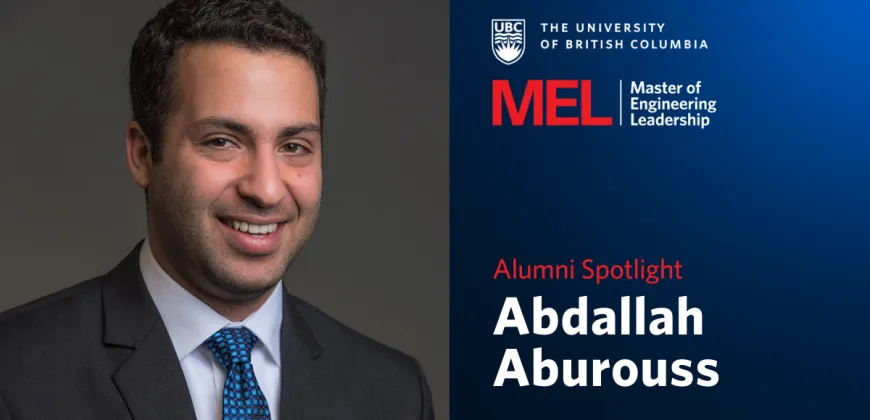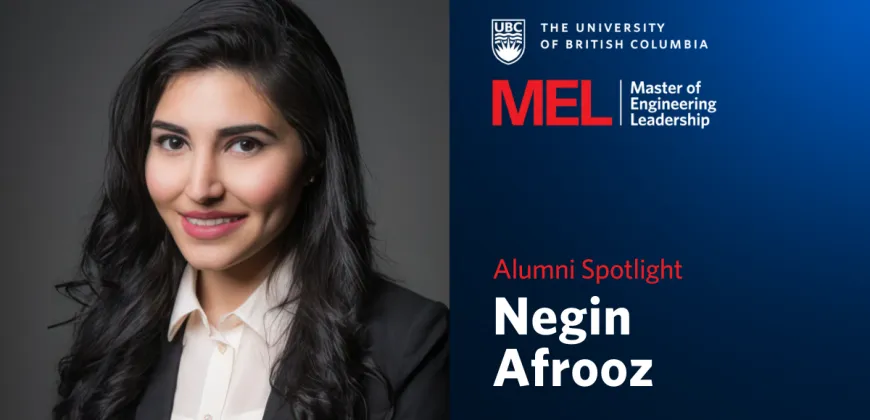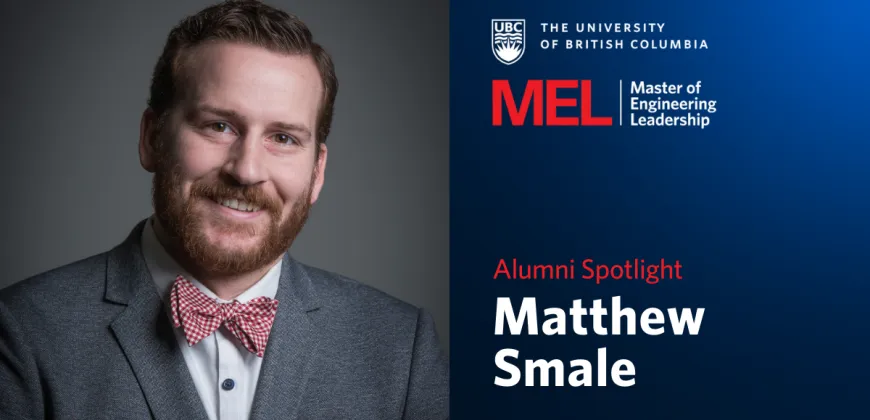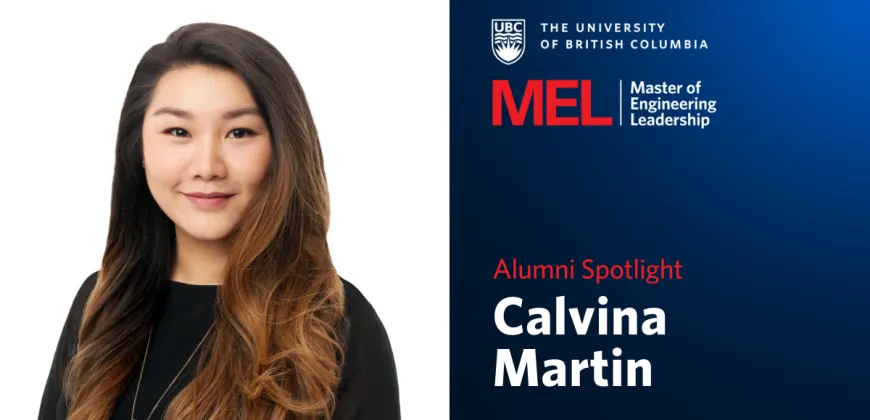Alumni Spotlight: Abdallah Aburouss
Two years ago, Abdallah Aburouss was managing manufacturing projects for Nestle in Dubai. Today he’s working for an additive manufacturing company in the automotive and aerospace sector – bringing together his technical expertise with his passion for management, business strategy and entrepreneurship.

After graduating in 2013 with a degree in mechatronics from the German Jordanian University in Amman, Abdallah Aburouss joined Nestle as a manufacturing engineer and packaging material specialist in Dubai, Iran and Switzerland. Invited to join Nestle’s Graduate Development Program, he moved to Dubai, where he took on range of responsibilities and managed packaging development projects in collaboration with the engineering, production, logistics, quality and regulatory departments.
“I was working at a factory that produced KitKat, among other products, with the main challenge simply being the massive volumes and production speeds that can never slow down. Any machinery downtime is costly, so there is a real focus on optimizing and streamlining production processes, as well as machine performance.”
While he enjoyed his work, Abdallah was eager to expand his horizons and transition away from consumer goods into a new industry, such as automotive or aerospace.
With its combination of engineering and business courses, UBC’s Master of Engineering Leadership (MEL) in Advanced Materials Manufacturing met his checklist for a postgraduate degree program – and Vancouver’s temperate climate also appealed!
Exploring composite materials
UBC is internationally recognized for its expertise in composite materials, and students in the MEL in Advanced Materials Manufacturing program have access to top researchers and leading industry players.
Abdallah says that the course on composite materials not only advanced his understanding of the topic but “highlighted the connection between research and industry – you could really see how companies benefit from research both economically and technically.”
During case studies, students conducted a life-cycle assessment of manufacturing automotive parts. Although there is a significant environmental push to use lighter-weight materials such as magnesium or aluminum for their fuel savings, Abdallah says that a full life-cycle assessment, including the raw material production and manufacturing, should be considered. “You may be saving on fuel costs, but that’s minimal compared to the energy required on the manufacturing side.”
Honing his career goals in the business classes
“I have a technical background and had never taken business classes before,” says Abdallah. “The business courses helped me better understand myself and what I enjoy doing. They opened my eyes to career paths that better fit my character and interests than being a researcher or working in a lab.”
He says the Creative Destruction Lab Venture Program course offered through UBC Sauder’s Robert H. Lee Graduate School was a standout. This course on entrepreneurship is an offshoot of Creative Destruction Lab West, a program that supports emerging technology startups. The eight-month course pairs students with one of the ventures in the program, and assignments involve working on projects that help venture companies meet their objectives.
From a class assignment to a job
It was a pivotal class for Abdallah. “I worked with FZ Engineering, a company in Montreal that does 3D printing for the aerospace and automotive industry, working on a market analysis and the refinement of the value proposition.” Abdallah completed a situational analysis for the company, which included analyzing market size, competition and barriers to entry. A second project included refining the company’s value proposition and better defining how it created an impact for its clients.
When Abdallah contacted the company’s CEO after graduating, he was offered a job, and he’s now working for FZ Engineering in research and development and mechanical engineering. He anticipates moving into technical sales and business development by the end of the year.
Looking back on the 12-month MEL program, Abdallah says that the self-awareness he developed over the course of the year was one of his biggest takeaways.
“Some of that awareness came from exploring new fields – like automotive and aerospace engineering – and some came from meeting and networking with like-minded people who share my entrepreneurial spirit. Hearing their stories was inspiring and helped me better understand where I want to be in the future.”


